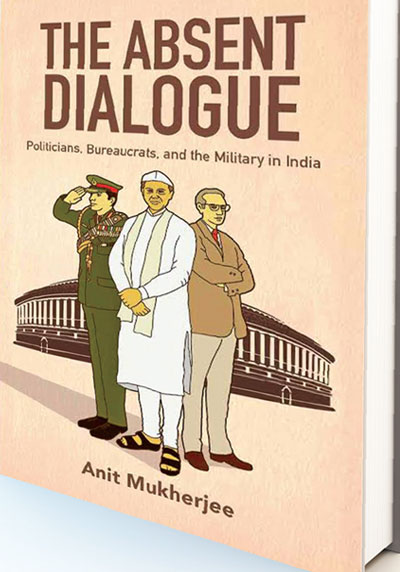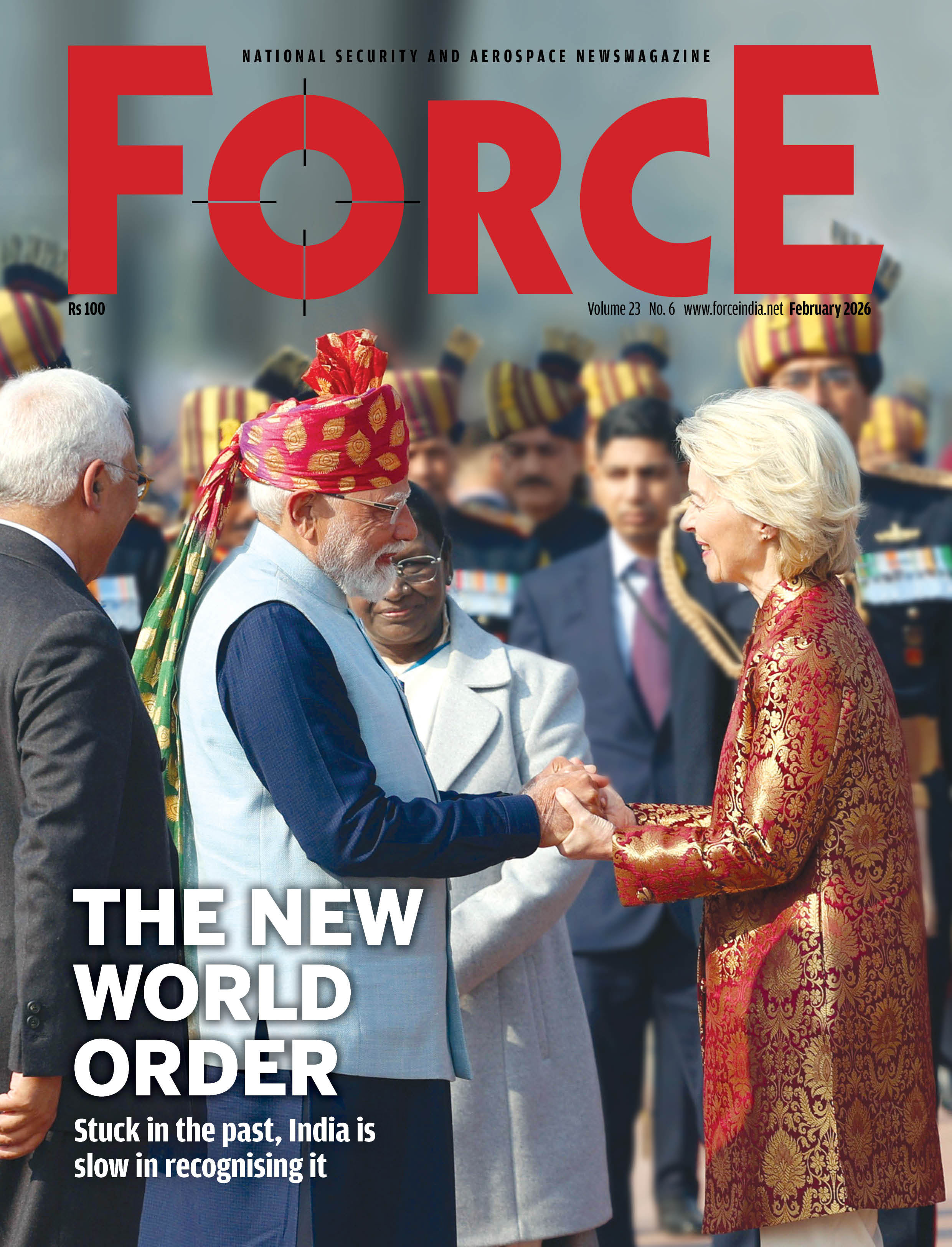Books | Life in Silos
Atal Bihari Vajpayee was the first non-Congress prime minister to complete a full term in office. Widely acknowledge as a great orator and a keen intellect, his Bharatiya Janata Party-led coalition government was credited with a number of foreign and defense policy transformations. His premiership literally began with a bang as in May 1998, within two months of coming to power, India conducted five underground nuclear tests. Interestingly, the service chiefs were not informed until the very last moment. Despite that, it was expected that relations between the military and India’s first right-of-center government would be strong. However, these expectations were soon belied due to tensions between civilians and the military culminating in an unprecedented event-the sacking of the chief of naval staff, Admiral Vishnu Bhagwat. As described in greater detail in Chapter 6, the admiral became embroiled in a clash of will with the government over personnel issues, leading to his dismissal. To deflect criticism arising from this controversy, Defence Minister George Fernandes publicly announced plans to establish a group for ‘restructuring of the services and integration of the services and the ministry of defence.” Ostensibly then, it was intended that “a wholly new structure” would be recommended that would serve the twin purposes of allowing a greater say for the military in the decision-making process while decreasing civilian bureaucratic interference. However, despite making this announcement, no such group was set up. Instead, as in many other democracies, change was forced upon the MoD and the overall national security apparatus by an unanticipated war.
The Kargil War: Challenging Traditional Notions of Civil-Military Relations
The 1999 Kargil war was triggered by an incursion of Pakistani troops across the Line of Control that divides the two countries in Kashmir. India’s initial response to this was slow and confused as they lacked knowledge about the identity of the infiltrators. However, by the end of May 1999, with growing awareness of the situation, the political leadership told the military to escalate its operations, both on land and in air. While doing so, it only gave an overriding directive — that the Line of Control would not be crossed by either land or air forces. This was a very specific operational directive which violated the traditional pattern of India's civil-military relations-where civilians were not supposed to intervene in operational matters. What explains this anomaly?
1
The Kargil war occurred a little over a year after the nuclear tests conducted by both countries, and India was under considerable diplomatic pressure for seemingly breaking an international moratorium against nuclear testing. The outbreak of the war added to fears in the international community about the India-Paki
Subscribe To Force
Fuel Fearless Journalism with Your Yearly Subscription
SUBSCRIBE NOW
We don’t tell you how to do your job…
But we put the environment in which you do your job in perspective, so that when you step out you do so with the complete picture.









 VIDEO
VIDEO